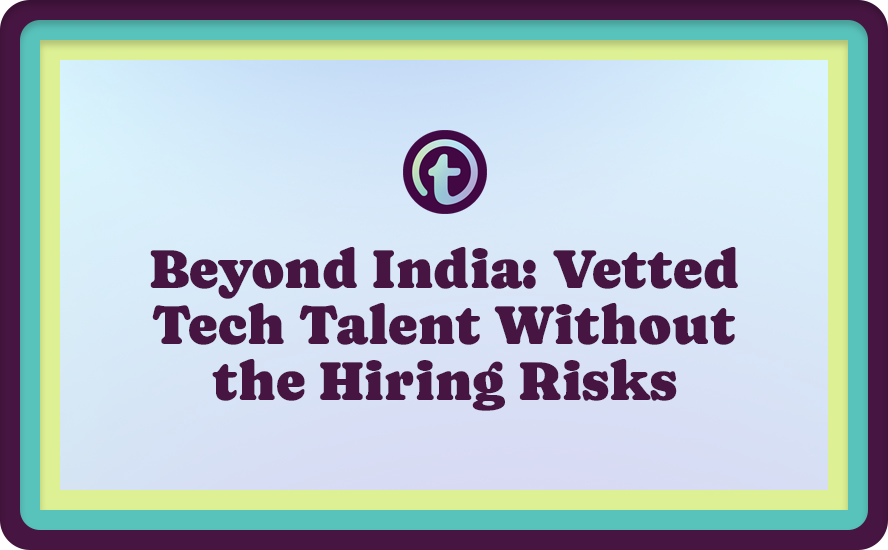How sure are you that your new remote hire is who they say they are? 100%? 90%? Are you willing to bet your company’s intellectual property on a polished resume and a few well-rehearsed answers over a Zoom call? In oversaturated, hyper-competitive markets like India, the intense pressure to fill roles quickly has created a breeding ground for sophisticated hiring fraud. Ignoring this reality is not a strategy. It’s a gamble.
Here is the story you see: a perfect hire with a great resume from a top university who aced their technical interview. Here is the story that is actually happening: you are letting a Trojan Horse into your company. It carries hidden dangers that will cripple your team and compromise your security. This is not a bad hire. This is a potential disaster.
The True Cost of High Employee Attrition in India
The Rise of Hiring Fraud in Hyper-Competitive Markets
When demand for talent wildly outstrips supply, bad actors see an opportunity. The fully remote, high-speed hiring process has become their playground. They know that hiring managers are desperate and that a standard remote vetting process is easy to fool. This has led to a surge in calculated, deliberate deception that goes far beyond a few embellished bullet points on a resume.
Three Trojan Horses to Watch Out For
These aren’t hypothetical problems. They are real, growing threats that we see every day. Here are the three most common forms of hiring fraud you need to protect your company from.
The Ghost Employee: The Resume That Isn’t Real

This is the most blatant form of fraud. A candidate presents a stellar resume and aces the interview, but the person who shows up for work (remotely, of course) is not the same person. Often, a senior developer will pass on the interviews for a more junior friend or relative, who then collects the salary while being completely unqualified for the job. You’re paying a senior salary for junior-level work, and the original “candidate” is likely pulling the same scam with multiple companies.
The Multi-Jobber: The Developer Working Three “Full-Time” Jobs
A more subtle but equally damaging threat is the rise of the “over-employed.” These are developers who secretly hold two, three, or even four full-time remote jobs simultaneously. They do the bare minimum for each, collecting multiple salaries while giving you a fraction of their attention and productivity. Your deadlines are slipping, and your projects are stalling because the “full-time” developer you hired is only giving you ten hours a week.
The Accidental Insider Threat: The Unvetted Security Risk
This is the most dangerous Trojan Horse. An unvetted developer is a walking security vulnerability. You’re giving them access to your proprietary codebase. You’re giving them access to your confidential customer data. You are even giving them access to your secure internal systems. Without a real, in-person identity check, you have no idea who this person really is. A single bad actor in that position can cause catastrophic damage.
Read More: How to Vet and Hire a Data Analyst
The Truss Difference: Vetted Talent You Can Trust
In today’s remote world, you cannot afford to guess. A single unvetted hire can undo years of hard work. Hoping you won’t fall victim to fraud is not a strategy. It’s a gamble you will eventually lose. The only defense is a vetting process that is as serious as the risks themselves.
Don’t invite a Trojan Horse into your company. Contact Truss and build your team on a foundation of absolute trust.

